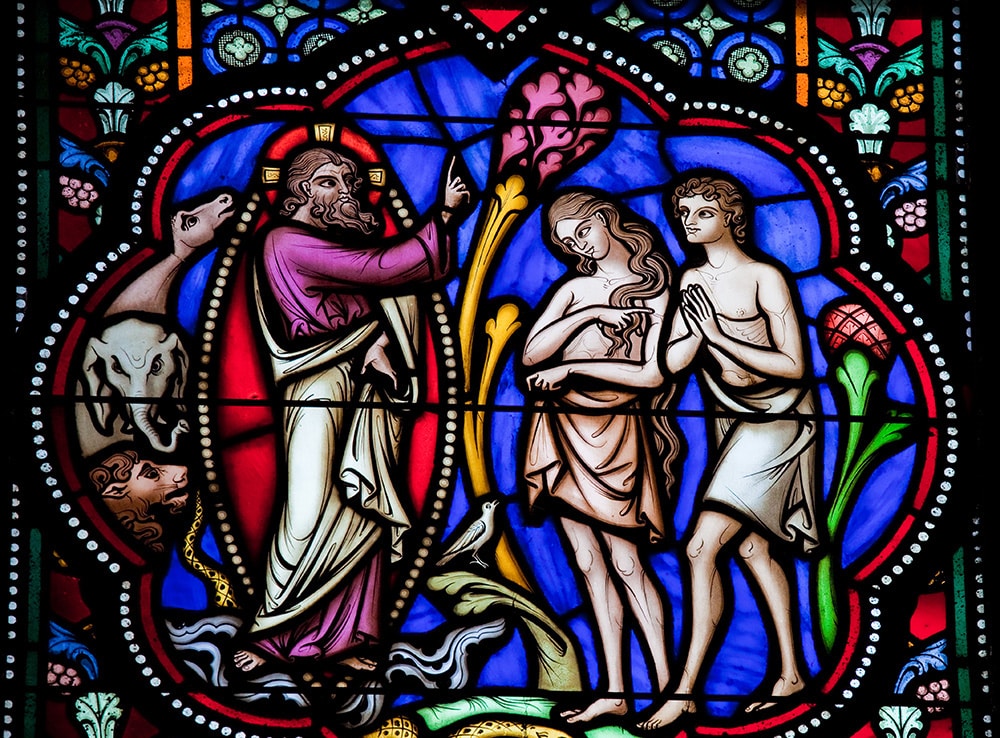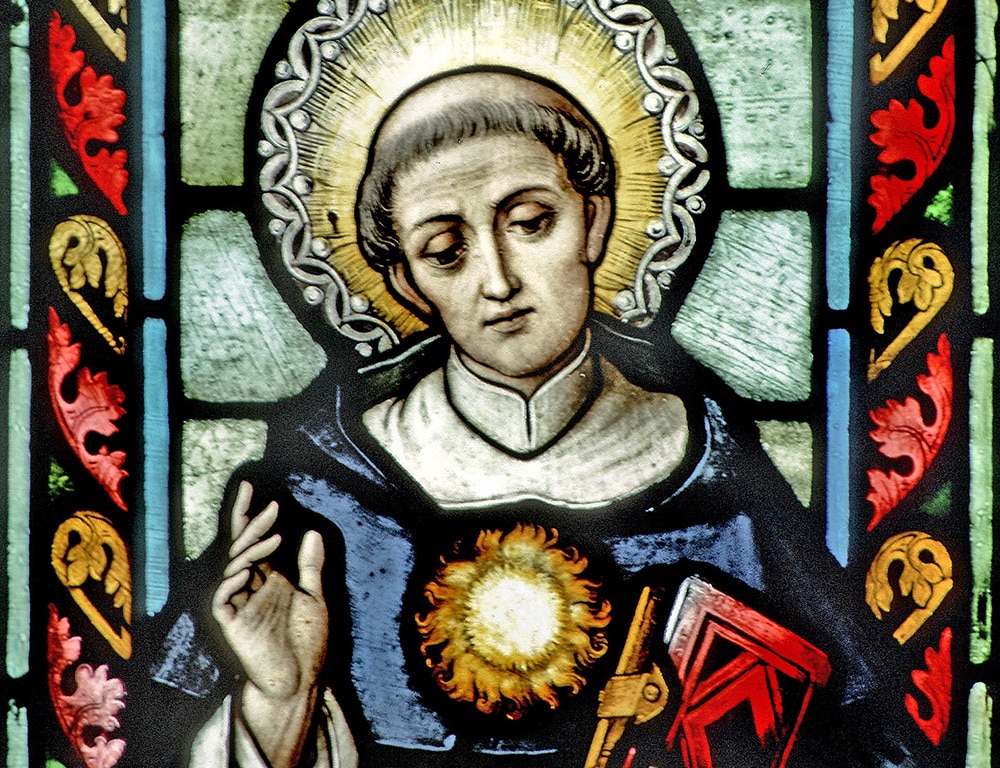Question: I have always been taught that incest is a sin. But when God created Adam and Eve as our first parents, how did our population increase without their offspring having committed incest?
— Bob Pyznar, Towanda, Pennsylvania
Answer: To be clear, not all incest is intrinsically immoral. Hence, there was nothing morally wrong with intermarriage within the first generations of offspring for Adam and Eve. They had no choice of spouse except their siblings. That Cain or Abel or any male children of Adam and Eve necessarily married their sisters is logically inferred from the Church’s teaching on original sin. Original sin is inherited in the bloodline of all human beings from Adam and Eve. Scripture says, “through one person sin entered the world” (Rom 5:12, cf. 19-20). (See also the Catechism of the Catholic Church Paragraphs 402-406.)
Hence, for two reasons incest among siblings in those first generations was not sinful. First they had no other choice (theories of polygenism notwithstanding). Secondly, incest among siblings is not intrinsically sinful. However, incest in the direct line — i.e., between parents and children, grandparents and grandchildren, etc. — are intrinsically immoral and do violate scripture (cf. Gn 9:18-25; 1 Cor 5:1, 4-5). Incest in the direct line also violates natural law because it violates the nurturing and other parental roles that parents and grandparents are to provide and that children and grandchildren have a right to expect.
Beyond the first generations there would arise laws forbidding incest among siblings and first cousins. This may have arisen due to concerns regarding incestual birth defects and inbreeding that impaired broader family ties and strong extended families. One can also reason that as a result of original sin, disease and other defects began to enter the picture and that these ultimately led to death. Medically, such diseases and defects are more likely to be passed on within incestual unions. These problems did not likely emerge in the first generations since Adam and Eve were created directly by God and without tendencies to disease. This may also explain the long life spans of the earliest generations of human beings. However, when the effects of original sin set in, life spans grew shorter and many death-directed tendencies and malformations impaired the gene pool and made marriage among siblings and first cousins a bad idea, due to double recessive traits taking a bad toll.
For reasons such as these, there developed laws and customs against incest among siblings in the Bible and customs and taboos set up against it (cf. Lev 20:17). There came an awareness that incest undermined the strengthening, health and expansion of the family of God. With this awareness, incest takes up a moral status and becomes wrong because we know its bad effects. Thus Leviticus 20:17 can properly declare that incest is a “shameful thing.”







